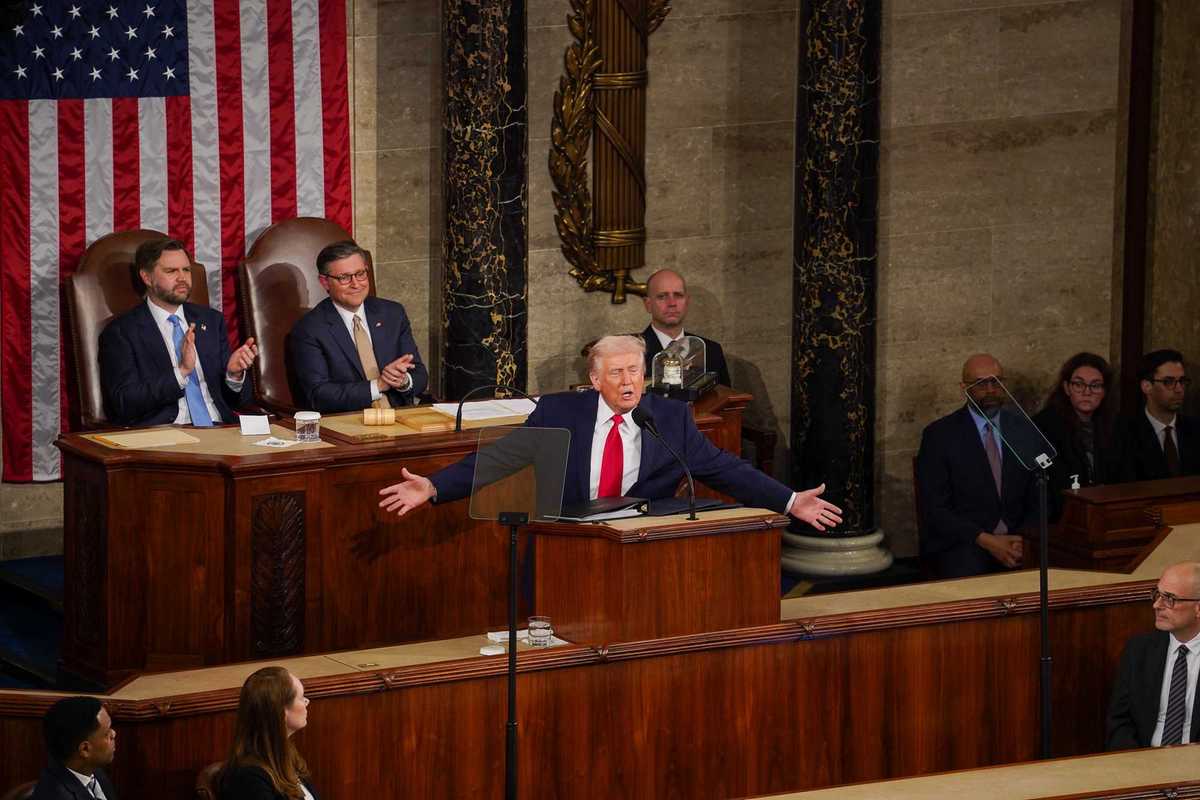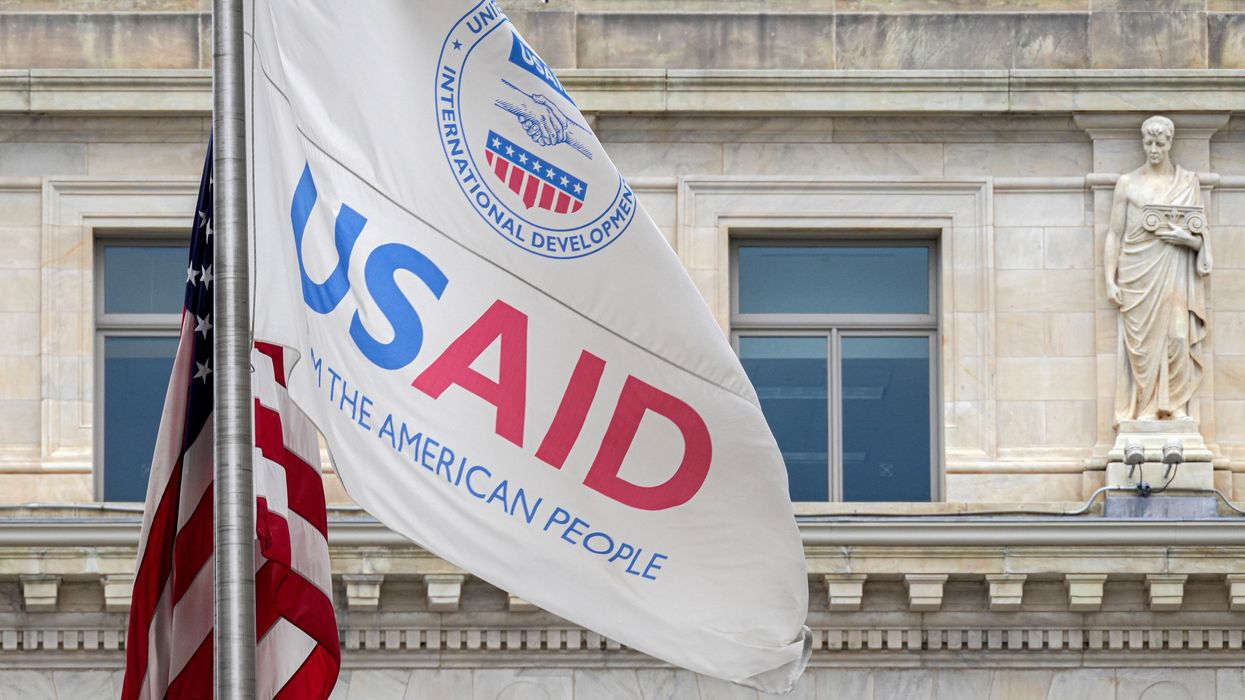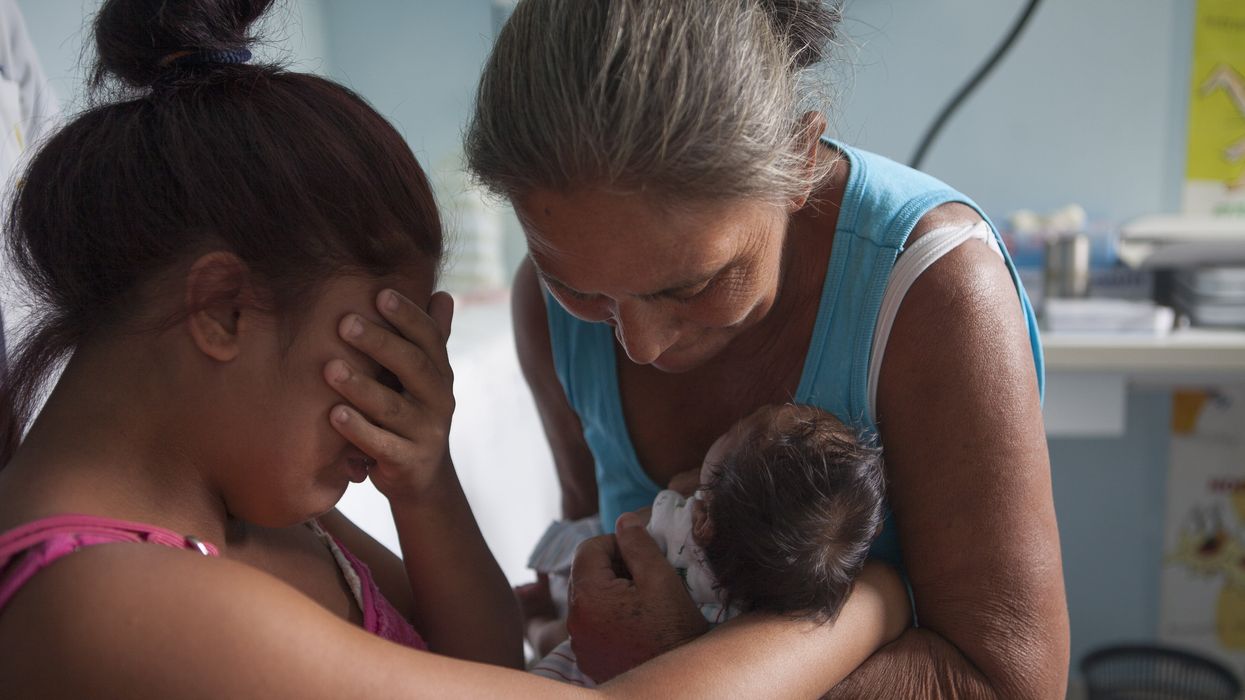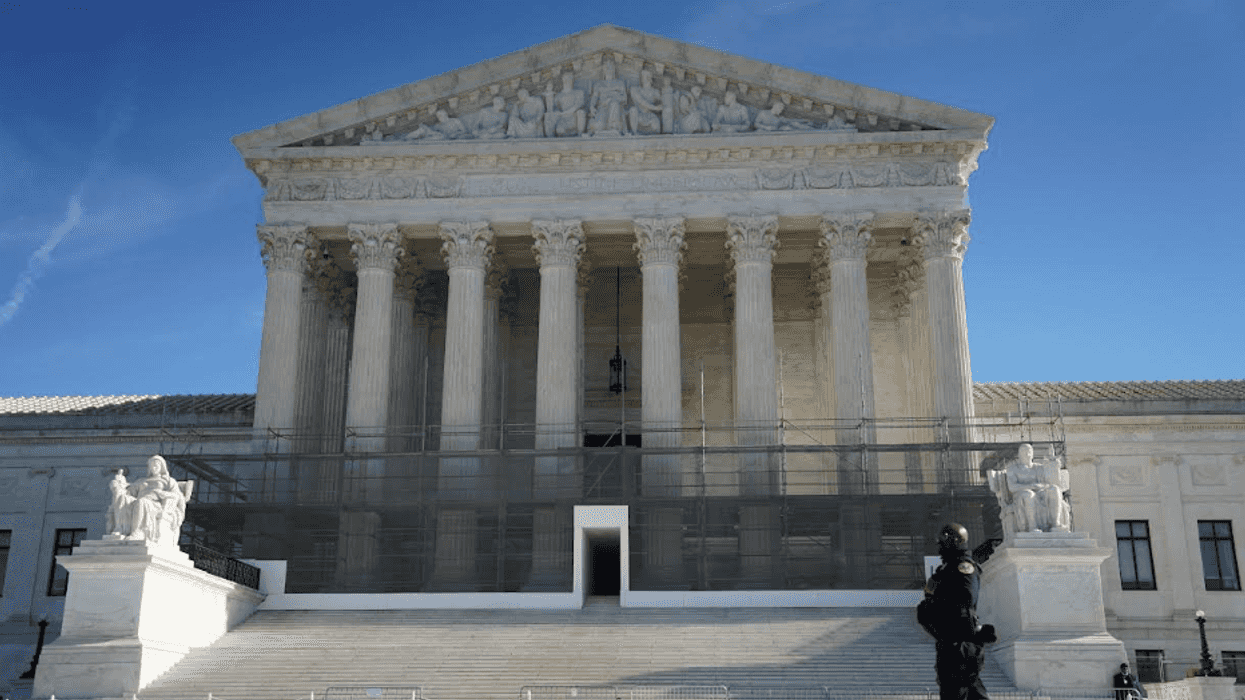A federal judge ordered the Trump administration to temporarily lift a three-week funding freeze that affected U.S. aid and development work globally. The judge highlighted this freeze's significant negative impact on nonprofits and organizations responsible for implementing U.S. assistance overseas.
Thursday’s ruling represents a setback for the administration as it has pursued changes to the U.S. Agency for International Development (USAID), which some, including President Trump and Elon Musk, argue is misaligned with its goals.
The recent court decision is significant as it is the first to directly address what many have described as a sudden and complete cutoff of USAID funds for international programs.
Administration officials “have not offered any explanation for why a blanket suspension of all congressionally appropriated foreign aid, which set off a shockwave and upended” contracts with thousands of non-profit groups, businesses, and others, “was a rational precursor to reviewing programs,” Judge Amir H Ali said in his ruling.
The Guardian reports that contractors, farmers, and suppliers in the US and around the world say the Trump administration ’s funding freeze has stiffed them on hundreds of millions of dollars in pay for work already done, has forced them to lay off staff, and is rapidly putting many near the point of financial collapse.
There was no immediate public response from the Trump administration.
SUGGESTION: USAID: By helping others, we help ourselves
Hugo Balta is the executive editor of the Fulcrum and a board member of the Bridge Alliance Education Fund, the parent organization of The Fulcrum. He is the publisher of the Latino News Network.





















